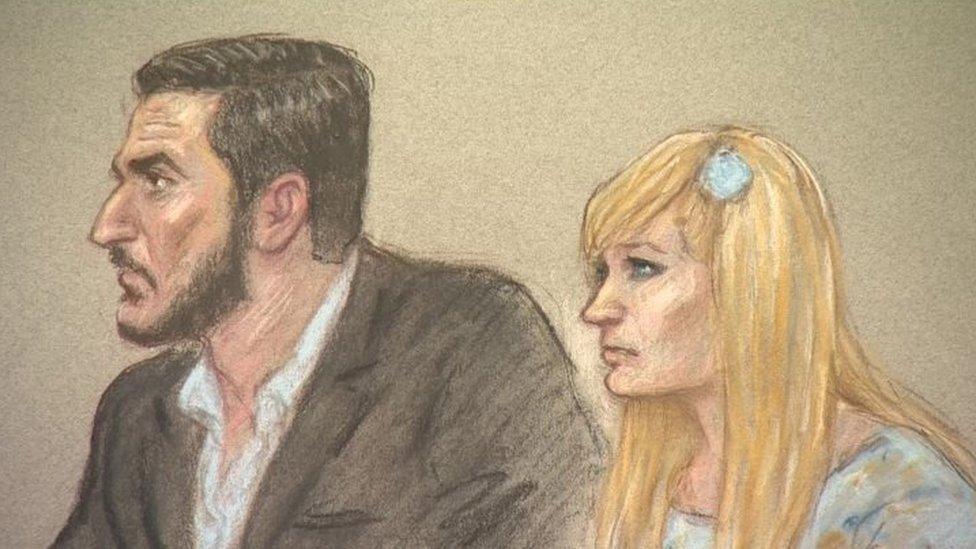Charlie Gard: US doctor offers to meet GOSH medical team
- Published

New York physician Dr Michio Hirano has offered to treat Charlie in the US
The US neurologist Michio Hirano, who offered to treat terminally ill Charlie Gard, is due to meet the infant's medical team in London on Monday.
The High Court has resumed hearing a request to consider fresh evidence that experimental therapy offers a 10% chance of Charlie's health improving.
He has a rare genetic condition and is under the care of Great Ormond Street Hospital (GOSH) doctors who argue that his brain damage is irreversible.
Further tests might settle the dispute.
In April, Mr Justice Francis ruled that life support should be removed and Charlie should be allowed to die with dignity.
He has a rare genetic condition called encephalomyopathic mitochondrial DNA depletion syndrome (MDDS) for which there is no known cure.
He cannot move, he is on life support, his heart, liver and kidneys are affected and it is unclear whether he feels any pain.
The six-year-old US boy who outlived medical expectations
Charlie's parents, Connie Yates and Chris Gard, from Bedfont in west London, have lost a succession of court cases to overturn the judge's ruling.
The US President Donald Trump and Pope Francis have offered them support, along with New York physician Dr Hirano who has waived his anonymity and offered to treat Charlie in the US.
The case has returned to the High Court following reports of new data from foreign healthcare experts who suggest nucleoside therapy might improve Charlie's condition.
Mr Justice Francis said he intends to give his ruling on 25 July, after GOSH medics and Dr Hirano have had a chance to meet and discuss Charlie's care.

Connie Yates will be allowed to attend the experts' meeting on Monday, the judge has ruled
The size of Charlie's skull remains in dispute.
GOSH doctors previously said its size indicates a lack of brain function, but a lawyer for the family disputed the measurements and the judge said it was "absurd" the discrepancy was undermining the science of the case.
GOSH's lawyer said an MRI scan would allow for more accurate measurement but it would not be for therapeutic reasons. She also said an electroencephalogram (EEG) brain scan might detect whether Charlie was experiencing internal seizures that doctors were currently unaware of.
The judge said any tests would require the parents' consent and must be carried out prior to the medical experts' meeting on Monday.

Timeline
3 March 2017: Mr Justice Francis starts to analyse the case at a hearing in the family division of the High Court in London
11 April: He says doctors can stop providing life-support treatment
3 May: Charlie's parents ask Court of Appeal judges to consider the case
23 May: Three Court of Appeal judges analyse the case
25 May: The Court of Appeal judges dismiss the couple's appeal
8 June: Charlie's parents lose their fight in the Supreme Court
20 June: Judges in the European Court of Human Rights start to analyse the case, after lawyers representing Charlie's parents make written submissions
27 June: Judges in the European Court of Human Rights refuse to intervene
3 July: The Pope and US President Donald Trump offer to intervene
7 July: Great Ormond Street Hospital applies for a fresh hearing at the High Court